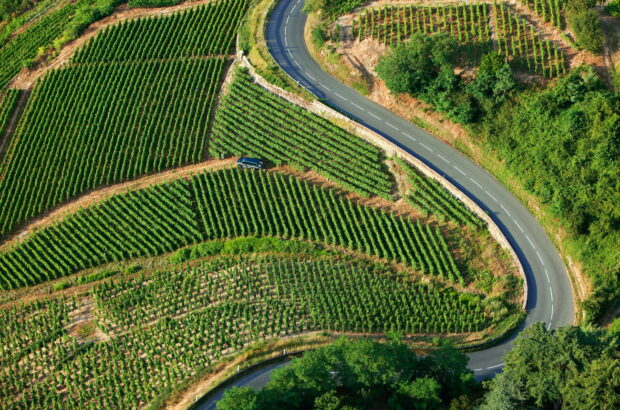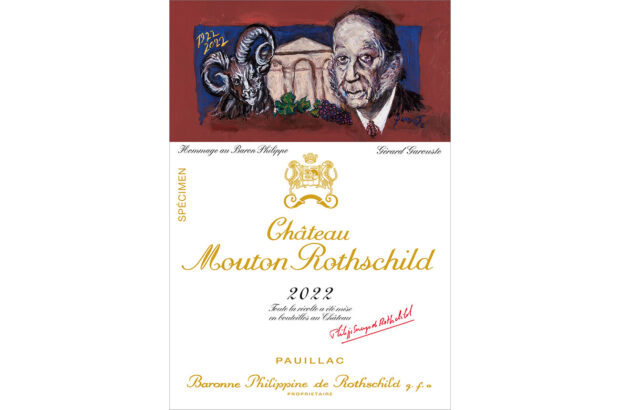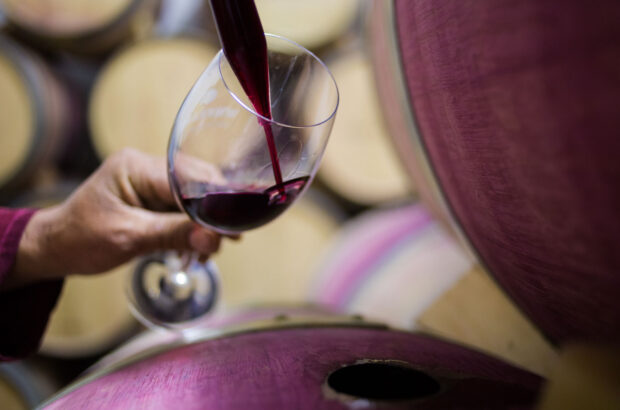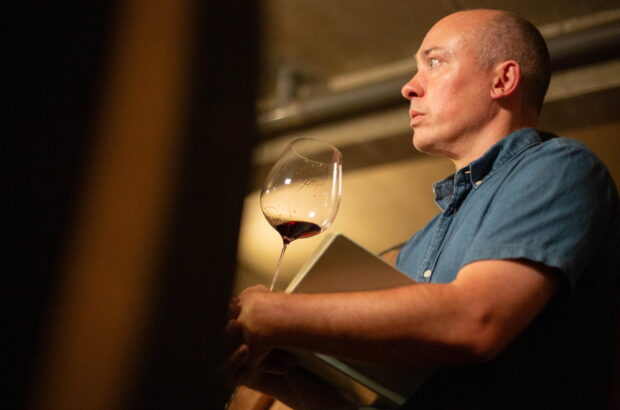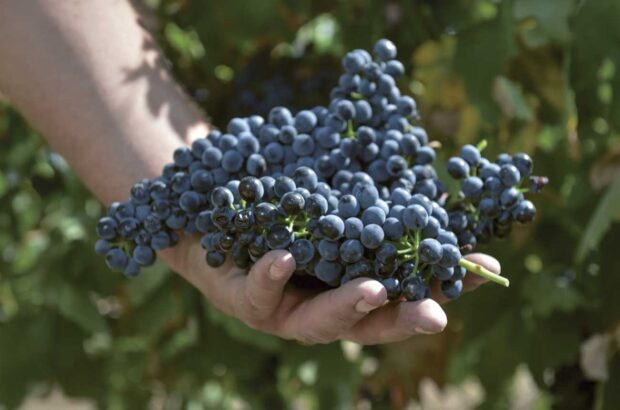German winemakers have become the latest in Europe to raise concerns over an Asian fruit fly that causes grapes to rot in the vineyards.
The fly, known as Drosophila Suzukii, was the ‘biggest threat’ to vineyards in Germany’s key winegrowing regions during the 2014 harvest, according to the German wine export association, ‘Mo-Rhe-Na’.
Producers in other wine regions, including Bordeaux, Burgundy and Veneto in northern Italy, have also reported concerns about the flies.
‘This insect caused considerable damage to red grapes, such as Dornfelder and Regent,’ said Mo-Rhe-Na, which is named after the Mosel, Rhine and Nahe growing areas and represents estates that bottle their own wines.
Infected grapes cannot be used for winemaking, the group said, adding that close to a third of the 2014 Dornfelder harvest had to be destroyed. There is so far no effective treatment.
It is thought a warmer-than-usual winter last year helped the insects to survive and rapidly increase their presence in the vineyards.
Germany’s Wine Institute said it first spotted the flies in Baden in 2011. ‘This year signalled the first time that real control measures were needed,’ it said. Winemakers in some areas were forced to harvest red grapes early to mitigate losses.
But, the flies did not stop Germany’s 2014 wine grape harvest from rising by 25% versus 2013. Production is expected to reach the equivalent of 1.8m bottles.
According to France’s agricultural research agency, INRA, the main concern with Drosophila suzukii is that, unlike traditional fruit flies, which tend to feast on rotten fruit, this newer breed attacks berries that are still maturing.
It is believed the flies lay eggs inside the healthy fruit and larvae then feed on the grapes.
Related News:
- Concerns rise as grape-rotting fly found in Bordeaux vineyards
- Fruit fly pest threatens Veneto vineyards
Written by Chris Mercer



